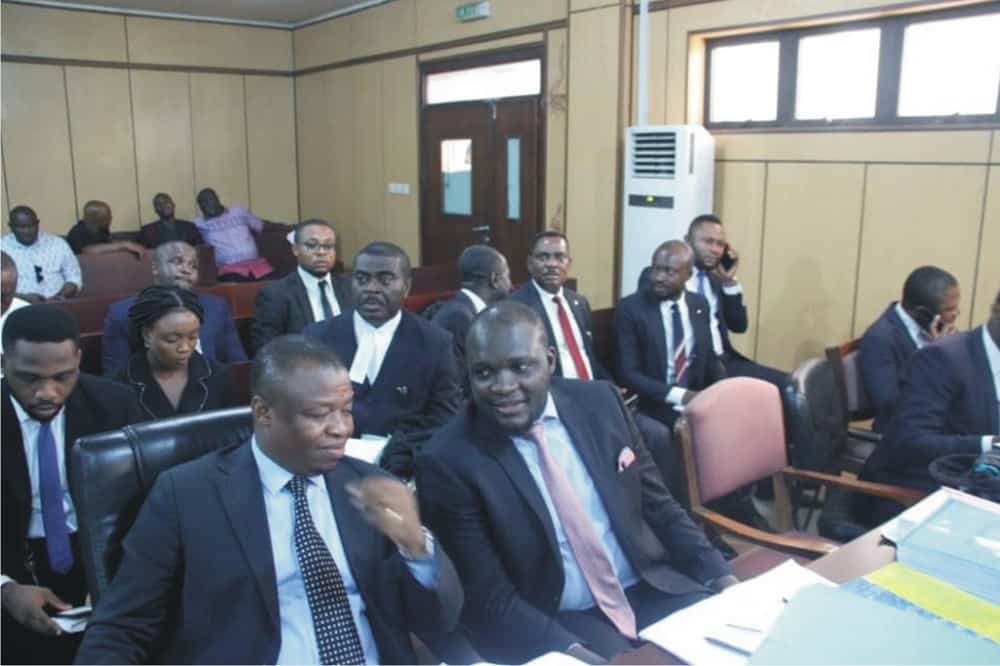Several lawyers have recently criticized the use of genetically modified organisms (GMOs) in the country, citing concerns regarding health and safety as well as a lack of rigor in the application and approval process.
The protracted debate over GMO implementation in Nigeria’s food system occurred in Abuja at a roundtable discussion on biosafety laws, which was organized by the anti-GMO advocacy group, the Health of Mother Earth Foundation (HOMEF).
In 2015, a biosafety bill was officially signed into law in Nigeria that made the country eligible to join other nations already using GMOs. This led to the establishment of the National Biosafety Management Agency (NBMA), which was tasked with regulating and approving GMOs, while the National Biotechnology Development Agency (NABDA) continued to promote the technology.
Nigeria Says NO to Illegally Imported GMO
According to a report by the International Service for the Acquisition of Agri-biotech Applications, Nigeria and five other countries in Africa, including Ethiopia and South Africa, grew three major biotech crops – maize, soybean and cotton – on approximately 3 million hectares by the end of 2019.
Nnimmo Bassey, environmental activist and HOMEF director, said suits against the acceptance of GMOs in Nigeria should be based on fundamental human rights infringements.
Farmers Express Support for Biotechnology
Ifeanyi Nwankwere, who with a team of experts is currently handling the court case against introducing genetically modified cotton and maize into Nigeria, related the challenges of biosafety in the country to certain clauses in the biosafety law.
“The Act gives room for regulatory capture, which occurs when a special interest is prioritized over public interest, leading to a net loss for society. This is demonstrated by the presence of major promoters of biotechnology such as the NABDA and the board of the regulatory agency, NBMA, created by the Act,” Nwankwere explained.



